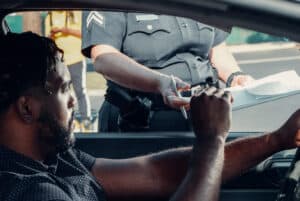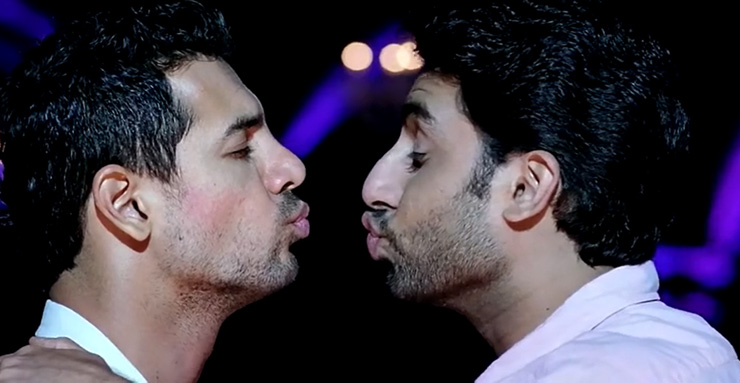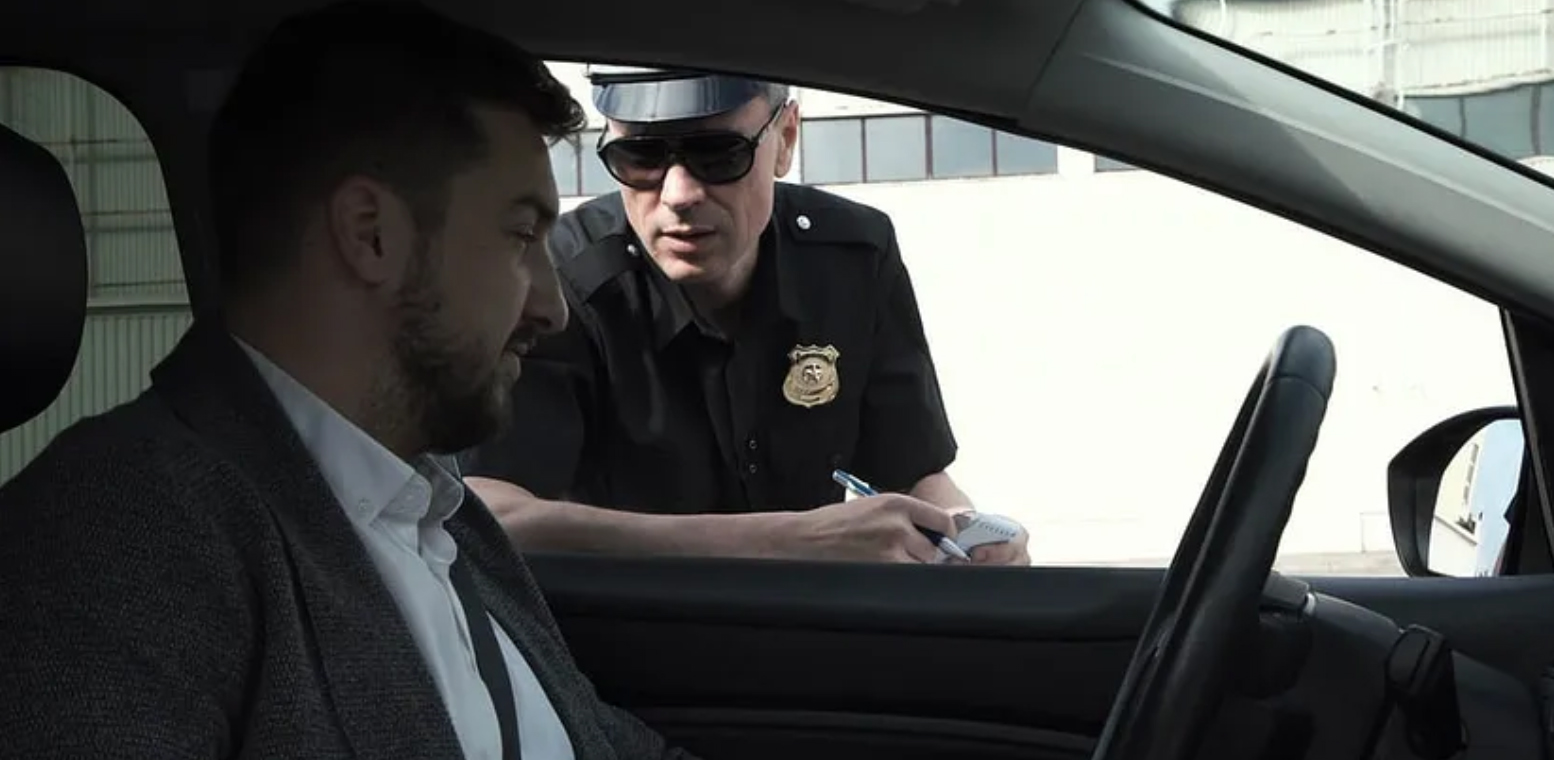Many individuals hold the misconception that speeding offenses can never lead to license suspension or revocation. However, Illinois has stringent laws when it comes to multiple traffic violations, and in certain cases, speeding can result in criminal penalties. Since you’re typically pulled over by a police officer for speeding fines, you might not think twice about simply paying the fine and admitting guilt.
Yet, admitting guilt to a speeding violation in Illinois also amounts to admitting guilt to a moving violation. Such an admission can have far-reaching consequences, including license suspension, substantial fines, and further penalties down the road. If you find yourself facing a speeding ticket in Illinois, it’s crucial to seek legal assistance from a seasoned traffic ticket attorney right away.
Meet some legal experts who can help you mitigate the serious repercussions of a speeding ticket. They can schedule a court date, contest the allegations, and work to minimize the points on your driving record. In case you have prior citations for moving traffic violations, they will fight to prevent your license from being suspended or work towards its reinstatement.
The legal experts have deep understanding of local traffic laws and regulations. Whether it’s speeding tickets or other moving violations, it’s essential to have a dedicated legal representative by your side to safeguard your future. So don’t panic at that situation.
Understanding Moving Violations:
A moving violation in Illinois encompasses any traffic violation that occurs while a motor vehicle is in motion. Traffic laws distinguish moving violations from non-moving violations, and moving violations typically result in much more severe penalties. If you receive a traffic citation for a moving violation, your driver’s license is at risk of suspension or revocation, and you’ll accumulate penalty points for the infractions.
Most traffic violations that have the potential to endanger other drivers or pedestrians are categorized as moving violations. Some common examples include:
Also Read : Stunned! Georgia man slapped with $1.4M speeding ticket for driving 35 mph over limit
Failure to yield
Running a stop sign or red light
Distracted driving
Failure to use turn signals
Passing a stopped school bus
Reckless driving
Hit and run
Exceeding the speed limit
Making an improper turn
Driving under the influence of alcohol or drugs
Protecting your rights during legal proceedings for these charges can be a daunting task. Understanding the intricacies of the proceedings, the nuances of speeding laws, and the specifics of speeding laws can be challenging. This is where the guidance of an experienced and skilled attorney can be invaluable. Your attorney will lead you through the process, assist you with plea bargains, and work with you to secure the best possible outcome.
Speeding Tickets vs. Moving Violations:
Since speeding takes place while a vehicle is in motion, it falls under the category of moving violations. Consequently, if you receive a speeding ticket and opt to pay the fine, you’ll accrue penalty points on your driving record. The number of points you accumulate depends on the speed at which you were traveling and whether any aggravating factors were involved, such as speeding in a school zone or a construction zone.
The point system for speeding tickets issued in Illinois is as follows:
5 points for speeding 1 to 10 mph over the limit
15 points for speeding 11 to 14 mph over the limit
20 points for speeding 15 to 25 mph over the limit
50 points for exceeding the speed limit by more than 25 mph
Receiving a speeding ticket can lead to detrimental consequences, particularly if you work in a driving-related profession. To safeguard your rights, consult with an attorney.
Penalties for Speeding Tickets:
In addition to accumulating points, you’ll be required to pay a fine for exceeding the speed limit. The fines vary based on the degree of speeding and any associated aggravating factors. The potential fines for speeding tickets include:
$120 for speeding 1 to 20 mph over the limit
$140 for speeding 21 to 25 mph over the limit
$1,500 plus a possible jail term of up to 6 months for speeding 26 to 34 mph over the limit
By paying for speeding tickets, you essentially admit guilt for a traffic violation. Even if your traffic citation doesn’t explicitly state that you must appear in court, you still have the right to do so. An experienced Illinois traffic ticket attorney can help shield you from the serious repercussions of speeding. They can petition the court on your behalf and work toward reducing your penalties.
Criminal Moving Violations:
Certain moving violations can result in criminal charges. Distinct from traffic tickets, moving violations that fall into the category of criminal offenses can lead to jail time, significantly increased fines, probation, community service, and a permanent criminal record.
A criminal record is entirely different from a driving record and can significantly impact your life. Securing employment becomes more challenging, applying for loans becomes nearly impossible, and you risk losing certain constitutional rights.
Law enforcement officers and prosecutors adopt a stringent approach when it comes to individuals accused of criminal traffic offenses. If they suspect you had criminal intent or engaged in reckless behavior, they won’t hesitate to bring criminal charges that can have a profound impact on your life.
Misdemeanor Moving Violations:
Misdemeanor moving violations are minor infractions under criminal law. However, a conviction for a misdemeanor traffic violation results in a permanent criminal record. Given that it’s still a moving violation, you will also accumulate penalty points on your driver’s license. The penalties imposed by the court for criminal traffic violations depend on the type of violation and the circumstances surrounding the incident.
Some common examples of misdemeanor moving violations include:
Driving under the influence (DUI) – Class A misdemeanor with penalties of up to 364 days in jail, court-ordered rehabilitation, and a 6-month license suspension for a first DUI offense
Reckless driving – Class A misdemeanor with penalties of up to 364 days in jail, fines of up to $2,500, court costs, and penalty points on your license
Speeding 25 mph over the speed limit – Class B misdemeanor with penalties of up to 6 months in jail, fines of up to $1,500, and penalty points on your license
Speeding 35 mph over the speed limit – Class A misdemeanor with penalties of up to 364 days in jail, fines of up to $2,500, and 50 points on your license

Since speeding is both a minor moving violation and a criminal offense, the potential penalties can vary significantly based on the nature of the charge. If you face criminal charges for speeding, it’s imperative to consult with an experienced traffic ticket lawyer as soon as possible. They can work towards reducing your charges to a traffic infraction.
Non-Moving Violations:
Distinct from moving violations and speeding infractions, non-moving violations typically occur when a vehicle is stationary, with certain exceptions. Non-moving violations are minor traffic infractions that pose minimal immediate risk to other drivers and pedestrians. Consequently, the penalties for non-moving violations are generally less severe compared to moving violations.
Examples of non-moving violations in Illinois include:
Parking violations, such as parking in front of a fire hydrant or minor parking tickets
Expired vehicle registration
Equipment-related violations, such as broken tail lights
In a recent update to Illinois law, non-moving violations no longer impact a driver’s record. Consequently, if you receive a non-moving violation, you’ll only be subject to minor fines and won’t accrue penalty points. Additionally, you won’t be required to appear in court.
Will a Speeding Ticket Affect My Driving Record?
Moving violations directly affect your driving record. As speeding is classified as a moving violation under Illinois law, your driver’s license becomes vulnerable when you receive a speeding citation. Even a single speeding ticket can put your driver’s license at risk if you have previous traffic citations.
The law dictates that accumulating too many points can lead to an immediate suspension of your license. The length of the suspension period is determined by the number of points on your record. If you commit three or more traffic violations, including speeding, within a year, you face automatic license suspension.
It’s crucial to note that non-moving violations do not impact your driving record. Thus, if you’ve previously received multiple parking tickets or fines for expired registration and subsequently receive a speeding citation, your driver’s license cannot be suspended based on these prior infractions.

Seek Legal Assistance from a Traffic Violations Lawyer
Speeding violations are categorized as moving violations under Illinois traffic laws. Depending on the specifics of your case, a speeding citation can result in a suspended or revoked license, jail time, substantial fines, mandatory attendance at traffic school, and a permanent criminal record. To avoid the severe consequences of a speeding violation, it’s imperative to seek assistance from a seasoned attorney.
The Illinois traffic attorneys at Hirsch Law Group possess extensive experience in handling significant traffic violations across the state. Our legal experts understand how a speeding conviction, whether as a traffic violation or a criminal offense, can significantly disrupt your life. Potential consequences include the loss of your driver’s license, hindered employability, heightened insurance premiums, and criminal penalties.
Incorporating an attorney into your legal proceedings is instrumental in safeguarding your best interests and securing a favorable outcome. A traffic violations attorney from our law firm can work to have your speeding ticket dismissed, seek reduced charges, help reinstate your license, and protect your future.
When dealing with traffic violations, it is paramount to have robust legal representation in your corner.
 The court’s ruling emerged in response to over a dozen petitions submitted since the previous year. The bench, led by Chief Justice D.Y. Chandrachud, engaged in extensive arguments during the months of April and May, culminating in their verdict on Tuesday.
The court’s ruling emerged in response to over a dozen petitions submitted since the previous year. The bench, led by Chief Justice D.Y. Chandrachud, engaged in extensive arguments during the months of April and May, culminating in their verdict on Tuesday.






